How to find your true velocity: do less to achieve more
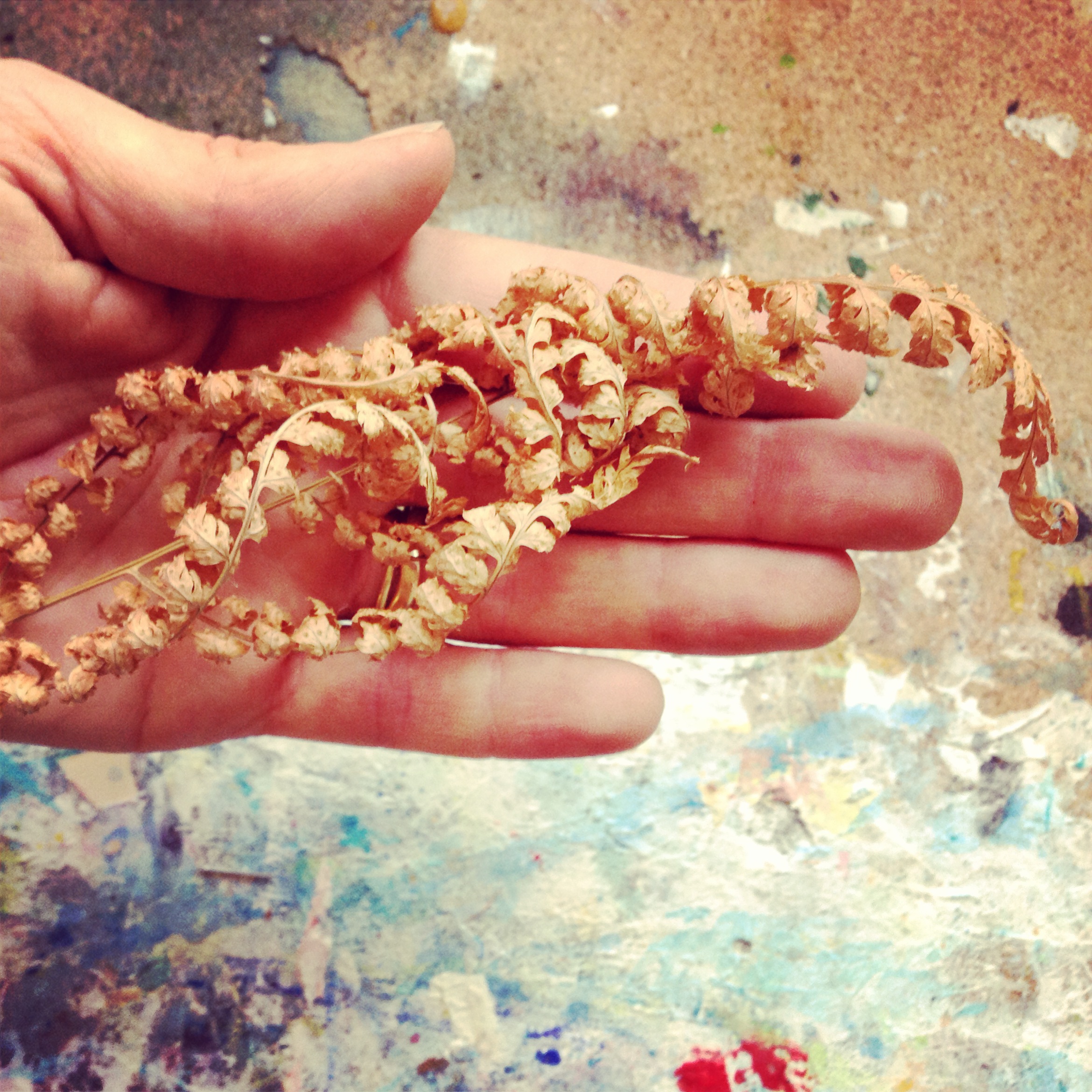
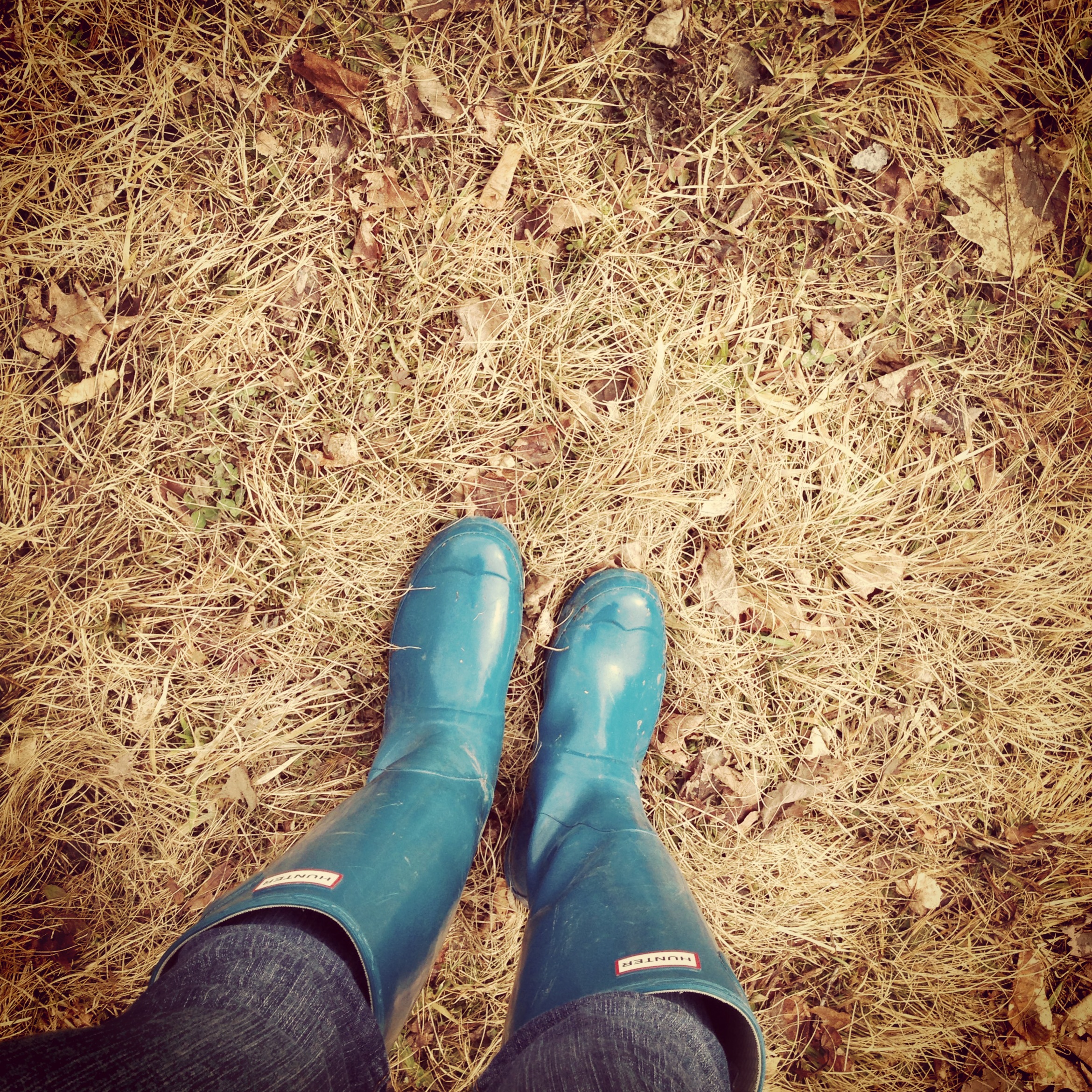
I meant to write here all week, but then I did other things. Namely, slowing down until I was just doing one thing at a time. I've been exploring this since I began to muse about productivity last week, and part of my work right now is about finding my true velocity, between rest and motion, between production and inspiration, between input and output.
I'm taking the time to notice the impulse behind my actions, and am finding that though there is a tremendous difference between action and reaction, I think the lines become blurred. Isn't this true for for most of us? We’re so caught up in the doing of every day, that stress, exhaustion, and the standards of productivity we hold ourselves become the incessant refrain in our heads, do more! Do more! All we can do then, is react.
Yet we also know somewhere in our heart of hearts, that doing more isn’t the answer. Doing less is. Animals know this. They only exert energy when necessary. They run hard, climb wildly, mate with gusto, devour voraciously, chase, sprint, dart. And in between they come to a full stop. They rest unambiguously. The secret to our power is leverage. What lights us ablaze is a wholehearted alignment of soul with action. It's the right conditions and then the striking of a single match.
Animals have no trouble at all with doing one thing at a time. But we perpetually trying to do more. We say maybe when we mean no. We take on more because we’re afraid that whatever we’re doing isn’t enough. We scatter our attention because the heat of single-minded purpose threatens to consume us. And also, we’re terribly undisciplined. We're hedonists at heart, the lot of us, perpetually falling in love with whatever’s yet to be done.
This isn’t a new conundrum, though certainly it's more of a Western predicament. And it's certainly become more complicated since the world has gone digital and we have at our fingertips a perpetual black hole of distraction and possibility. In cleaning my studio I found a page I’d printed out with Henry Miller’s Commandments for writing. The first one? Work on one thing at a time until finished.
One thing. One thing. One thing.
But really, what I'm learning is that if I don't react, if I'm not always at the ready to respond, if I'm less accessible, it doesn't mean they end up getting less of me. Instead, the opposite is true. I'm able to show up with greater concentration and energy, bearing pineapples and little boys to make a messy meal, or to sit over sandwiches and catch up face to face instead of exchanging a flurry of partialities by text.
What about you? When do you spread yourself too thin? And conversely, when do you make time to focus wholly on just one thing?
Why productivity is not enough
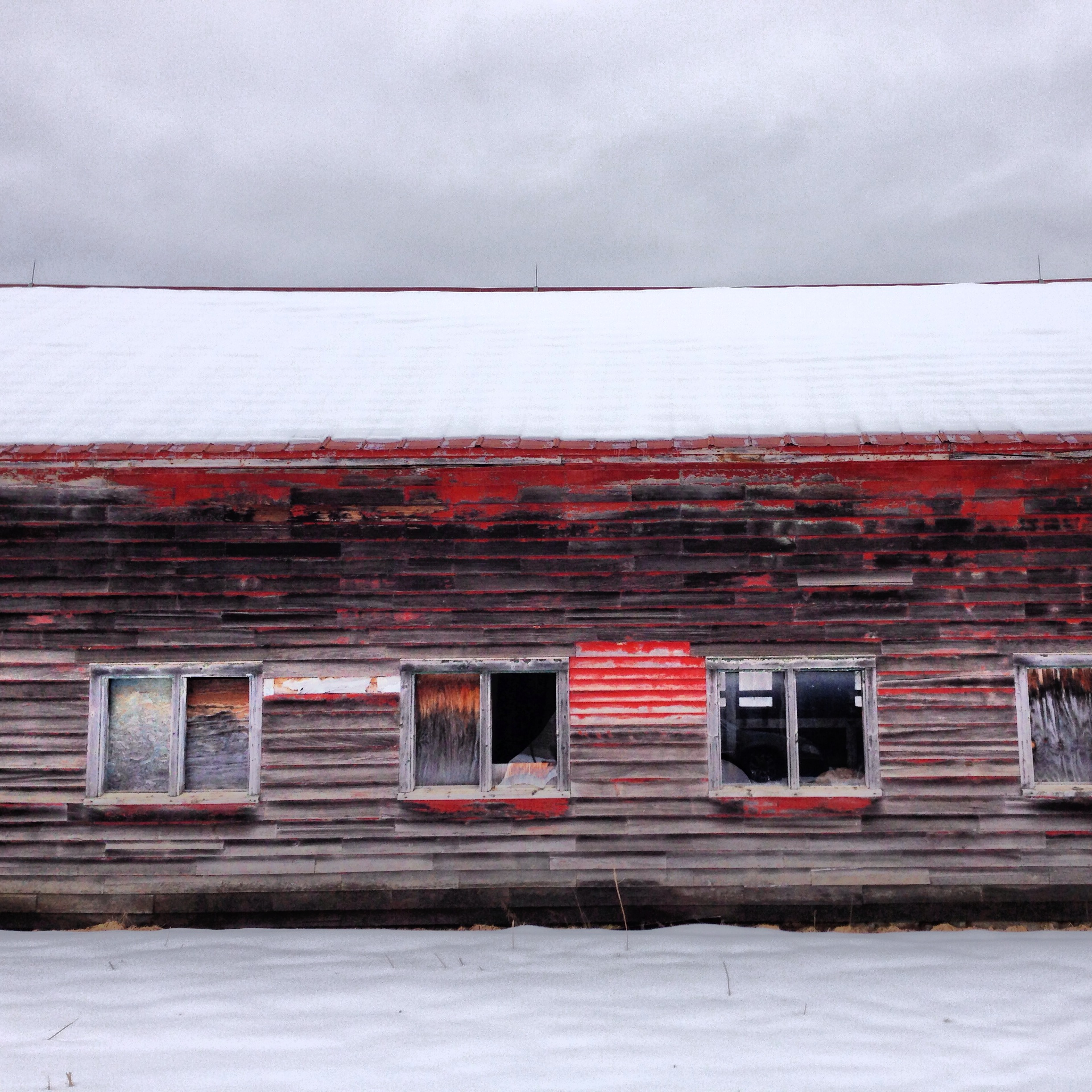
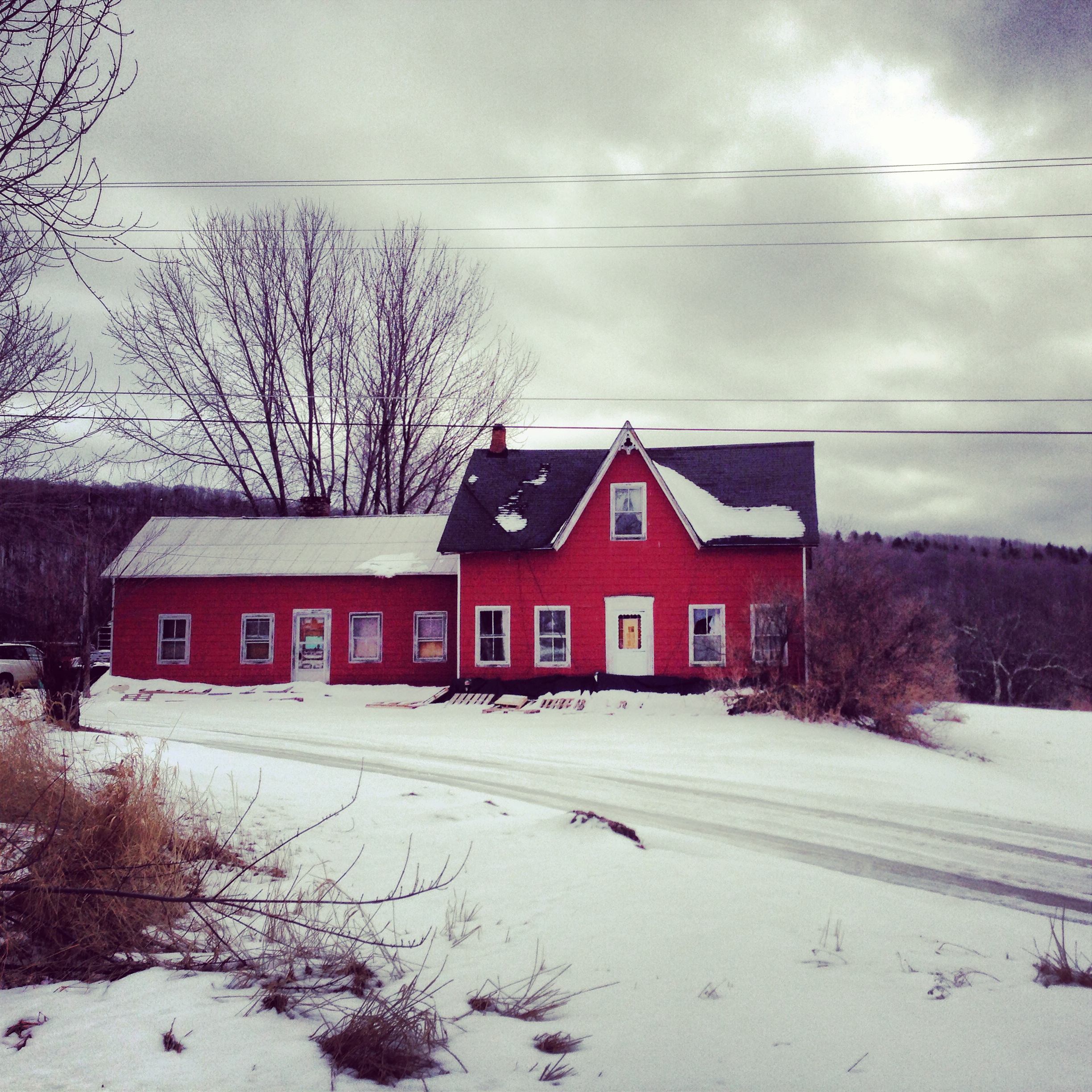
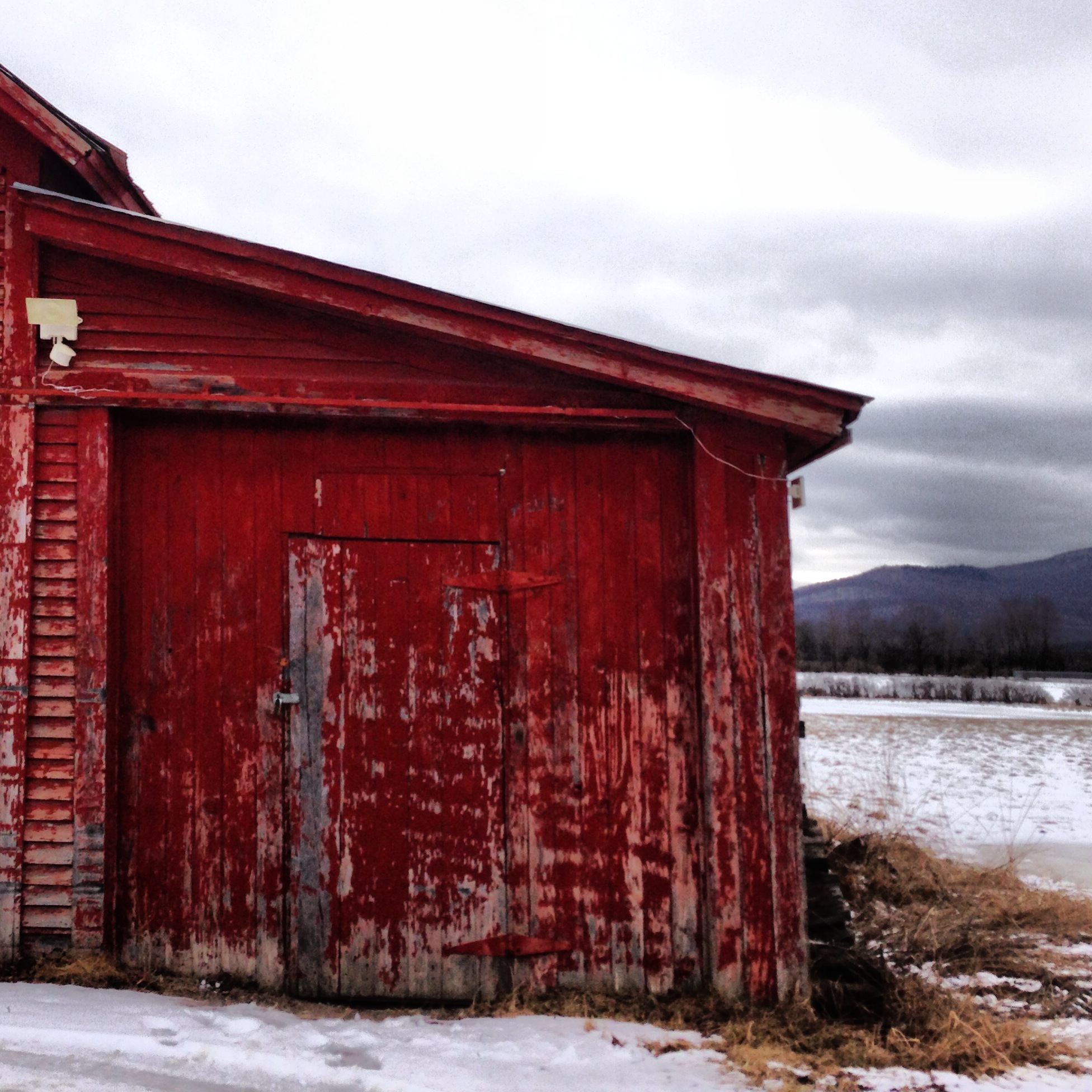
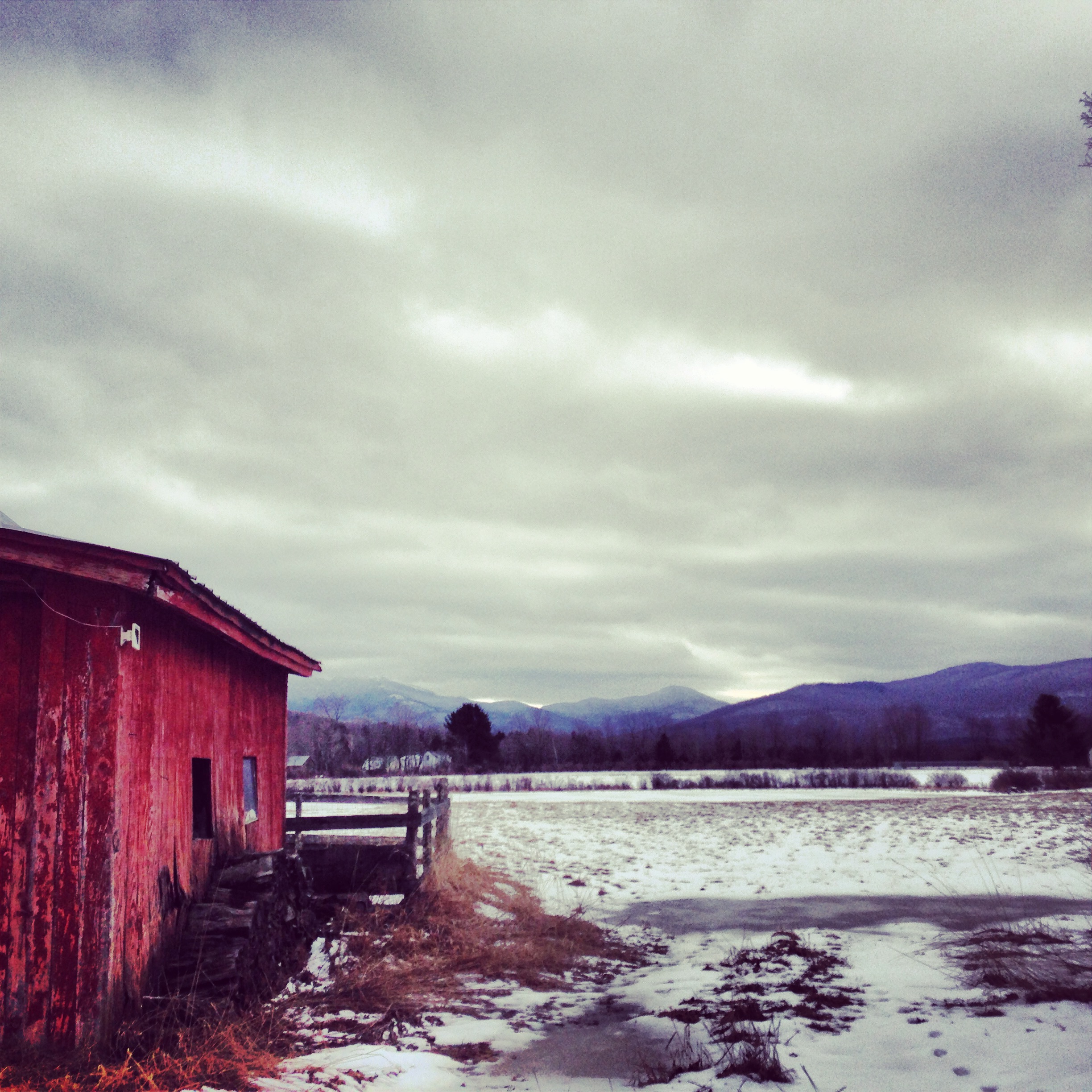
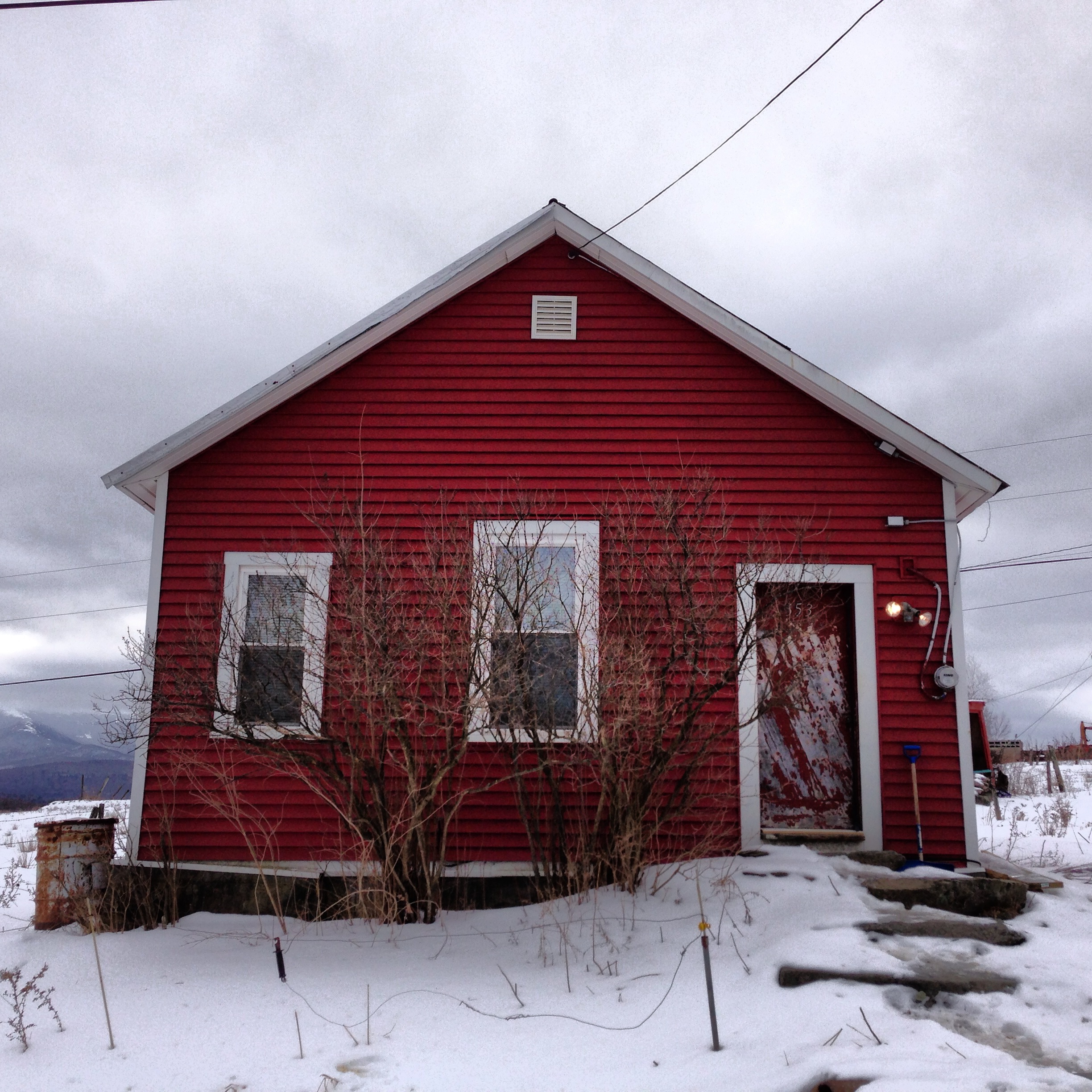
The roads are muddy now; one day ice, the next day thaw. The sun can’t make up it’s mind. It shows up in the morning all glowy and bright, and then the day turns fierce and raw, with flurries in our faces. The beginning of March is the time when things appear to be standing still at the surface, but underneath the mud is thawing and sap running, and it seems right on time, this shift.
I’m reeling still, coming off of what has more or less been a four year sprint: a baby, a book, graduate school, a job, and now this, whatever this is.
I’ve been thinking a lot about standing still. About really giving pause.
I’m not sure when the last time was that I really did that. Stopped entirely for long enough to feel only the rhythm of my own pulse stirring. Can you put your finger on a time like that? When you weren’t actively producing anything. When was the last time that you came to a full stop?
The houses along the back roads here show a rawness and wear this time of year. The optimistic red paint from brighter time is worn thin. Barns that were once full with the sweet breath of dairy cows stand empty or are repurposed, housing tools or tractors or other less important things. Houses gird against the thinning and seemingly endless cold of New England's forever-long winters.
I think that what we’re afraid of, our Industrial Complex in over drive, is that like the barns, we’ll become obsolete the minute we stop producing. Pause one second, and the next we’ll be a wash-up, cardboard over the windows for extra insulation.
I think that’s what has surprised me most about being adult: that it never stops. That if you let it, the world keeps right on demanding. That if you buy it, everything is about production, about resources, about consumption. As if we are made of infinite stuff; time unlimited, our hearts as geared to function like some precise and whirring machine. The days fill up. The years too. Do you feel the way that happens? The way output gets weighted over input; matter over spirit, job over calling.
When was the last time exactly that you came a full stop, or let the hours or days fill with emptiness?
I am feeling my way along the edges of this truth, and finding myths at every turn. Productivity is our inheritance, borne of our our Western Industrial Complex. We produce, to produce more in kind. Our productivity simply yields more. More hours spent producing. More minutes, multi-tasked.
But the fields know a different secret under snow. They lie there, unafraid, bearing the sudden weight of snow, the prolonged rest of white on white, where only voles and field mice and foxes hunger in the gathering dusk, leave a smudge of vermillion at the periphery of what we know; tracks crossing here and there to unknown places that lead back underground. The fields, fallow, gather promise. Metabolize potential. Prepare for the wild frenzied greening of May and June when suddenly the grass is waist high, and we blink and there are red winged black birds making nests and milkweed growing tall and purpling with blooms.
When was the last time you let the field of your heart lie fallow? Not in ruin, like the barns in disrepair, signifiers of industry no longer relevant. Not by accident, or by neglect, or because of giving up. But on purpose and with intention. To rest, to recuperate.
Full stop.
And then to gather energy anew.
I have no idea what that looks like really. I’m just feeling my way around the edges of it, wondering, and also knowing that my body, animal first, is begging me to listen, attuned first to it's wild truth, more than to the endless precise production of machines. How to listen. How to slow in these moments now entirely?
Tell me things. Tell me about full stops, and fallow times, and hibernation. What comes then?
On writing: The song of my music box heart
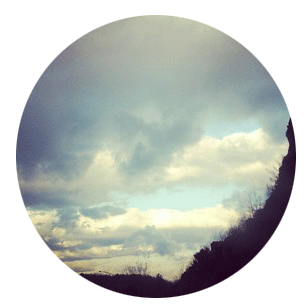
I have until April. Until the twentieth, to be exact, to pull off something bright, provocative and well-researched for my thesis, and I have dozens of articles in a printed stack beside me; sheaves of evidence; proof of where my focus should be in every spare minute; in every fragment of time left at the end of the day.
And yet the only thing I want to do at the end of the day is write.
Like this.
I can feel myself, in the weeks when writing is scarce, become like a Bread and Puppet specter; a disjointed creature with long limbs and dark circles under her eyes.
Then, everything in me resists the pre-determined course I've vowed to take at 8pm: research, interviews, and organizing paragraphs to defend a logical conclusion. I become like a vintage music box too tightly wound: impatient, stuck, off key. It is the practice of writing; the meter of showing up; the tempo of reflection here, at the page, after twilight has been tucked into the soft dark pocket of the night, that unwinds the thin filament of my soul, and aligns the brass pins of my music box heart so that it can play again its winding calliope of song.
I don't know how she does it, guilt, and telling another kind of story entirely

I don’t know where I am going yet, but I know that this is the beginning. The beginning of finding true velocity: a unity of moments, a lithe tempo, a right algorithm of speed and grace.
I am still rather far from it now, in the final semester of school, with my new job already nearly full time. And I’ll be the first to admit: The days don't always offer the time I need for pondering, for the daily practice of writing, for rest. Until I’m done with graduate school, I know the hours will ignite, one after the next at a certain pre-determined heat, each one double booked, precious, full to saturation. And I'm humbled by the process. By being here again, at the outset again, new to the particular set of challenges and opportunities my life offers and asks. I spend my day tripping, sprinting, catching my balance, careening, laughing with sheer delight.
There are wins and losses: I drive Bean to school every morning; we have a part-time nanny who helps with the laundry; Sprout is finally making headway with potty training; T cooks weekday meals with the grace and kindness of saint. And I'm still trying to find an hour that offers itself for writing; time for running is inconsistent; I have a birthday party for Bean to plan, and no time to make it to the store for favors; I see my husband less than I'd like. And in the midst of it all I've realized I've somehow reached the life velocity that causes people say, “I don’t know how you do it” to me now.
I find myself shrugging at that remark. I don't know how anyone does it. We've all got our own particular mess of moments and necessities; priorities and stumbling blocks. Each life is remarkable.
But beyond that, I shrug because I'm particularly resentful of cultural paradigm from which that statement springs.
I’m sure most of you are familiar with the book that spawned that phrase. Both it, and its movie counterpart have been suggested to me by no less than six women friends as a seminal narrative that “tells the story like it is.” I’ve been given two copies of it in fact, one from my mother. And I ended up watching the movie on the way back from California in the plane, but regretted my choice upon landing, as manufactured guilt clung like burrs to the back of my mind as I greeted my boys; drove home with my husband; and then helped my kids put on their pajamas and brush their teeth and go to bed.
Guilt.
I don’t think it is a terrible book by any means. It gets many of the details right, of a full-velocity life. The pace, the tumult, the jam-packed days. What I resent is the paradigm it perpetuates. It’s that Kate's primary emotion and modus operandi is guilt: About her work, about her husband, and her kids.
It gives fule to myth: That you should feel guilty as a woman if you work away from home; and that the smug comments of stay at home mothers are both assumed and justified. I call bullshit.
Women who work at home, and who work away from their home, and who stay at home each have the choice to frame their lives in terms of guilt or fulfillment.
Whatever you slice it, you see a different slice. There are challenges and advantages to each way of being in the world, and to tell the story of a woman who works and has children as a guilt riddled narrative does a huge disservice to all women, regardless of their childrearing status.
So as I’m writing now, about the early phases of doing this full velocity thing called life that includes work and kids and a thesis and whatever other bits fall into the mix, my hope is that I can begin telling the story in a slightly different way.
Less guilt, more fulfillment. Less culturally perceived “shoulds,” more personally perceived moments of sheer awesome.
I am at the beginning of a new phase; an epic; an adventure. It feels off kilter some days. There are days that I don’t have enough time for anything more than the barest essentials. Still, unless I read about it somewhere, guilt doesn’t factor in to the equation.
My life is asking for new definitions and capabilities. It demands that I cultivate the ability to adapt to the speed of things moving in multiple dimensions and directions simultaneously. It pushes me to imagine bigger constructs; and to see time, and speed, and distance, and success as new non-linear relatives.
My life is being altered by the nature of the work I am doing; by my expectations for myself; by the sunlight gradually softening towards spring; by my sons turning three and seven; by a dozen years with the man I love; by my thesis; and by all that is unfinished at present. And instead of guilt, what I am striving for is to acquire a certain degree of nonattachment. To do my very best, to pour my soul into the work I do, to love my boys when I am with them, to trust that when I’m not that they are flourishing, and to let go and know: Our right lives are happening now, in dynamic unison, every morning, every afternoon, every night.
Inspiration, starting in, achievement, and resistance {Creative Cycles Part 1}
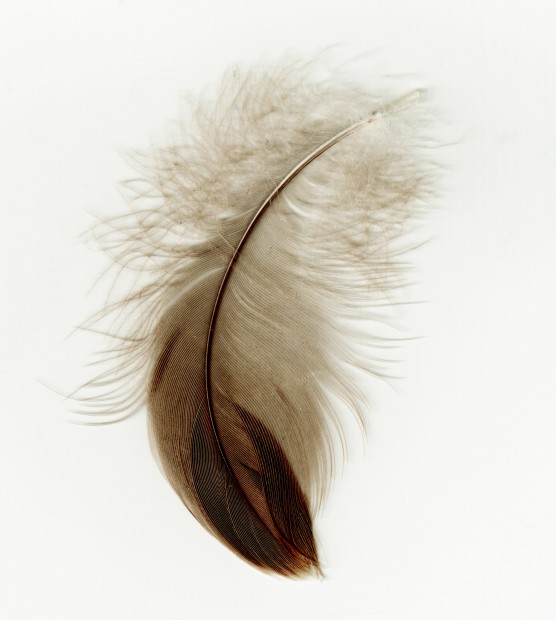 It will begin like this: with the sudden irreverent bark of a dog on a cold snowy night; or with the lilting flight of a hundred starlings among the naked poplar branches, or in line somewhere, waiting for a cappuccino, when you pause to take note of what you’re actually thinking, and there it will be. An inkling. An image maybe, a string of notes, or perhaps a phrase.
It will begin like this: with the sudden irreverent bark of a dog on a cold snowy night; or with the lilting flight of a hundred starlings among the naked poplar branches, or in line somewhere, waiting for a cappuccino, when you pause to take note of what you’re actually thinking, and there it will be. An inkling. An image maybe, a string of notes, or perhaps a phrase.
I have a phrase in my head now, for example, that I’ve for a couple of months, rattling around like a magnet in a bucket, attracting fragments of things: filaments, filings, scraps.
That inkling will persist if you listen; until it becomes unavoidable and you have to stop wherever you are and take and admit: I have an idea! Then you will begin to wonder and ponder, record, and reflect as bits of the idea drift about in your subconscious like gorgeous saffron and vermillion coy fish moving slowly under the ice on a winter pond; moving just enough so that you know they still have a pulse, a vibration of life all of their own volition down there.
The days will gather upon themselves, until you feel the idea stirring with certainty, with urgency : a private equinox right there in the midst of your soul. And if you’re brave and passionate you’ll listen, and you’ll begin in earnest whatever work you must do.
You’ll ask for help. You’ll ask for answers. You’ll ask for time, and more time, and extra cups of coffee. You’ll clear your calendar as much as possible without the normal reluctance that you feel when pushing aside the “shoulds” and “musts” you are accustomed to always putting first.
And then there will be days, or months even, when all you want to do is dive into your work with passion and zeal and focus. This is the apex of the creative cycle.
This is when you are inclined to burn the candle at both ends; working one day of work, and another on your project; when you have perpetual paint on your fingers maybe, or a pencil behind your ear, or you feel naked without your laptop keyboard under your palms, and you don’t remember the last time you washed your sheets, and all you eat is whatever leftovers are in the fridge.
This is when the work that you’re doing becomes a force of it’s own. When even though the specter of failure rears its ugly head, and procrastination stalks you, you can shake it off with a certain courage and urgency, and get to the heart of what you intend. This is the time when all you want to do is the work you are in the midst of.
And then, as you near completion and the deadline looms, it’s possible that you’ll feel like the whole thing was a mistake. A terrible misjudgment of your abilities; a laughable mess of smithereens. It’s possible that you’ll wonder Who the hell do I think I am, anyway? And you’ll consider escape routes and worst case scenarios, and it will feel utterly impossible to finish. But you can, and you will...
//
This is part 1 in a series of posts I’ve been wanting to write for a while about creative cycles and how they affect me. My feeling is that these are very universal experiences, hence the second person voice which I fall back on naturally when I feel like it applies to you too!
I’d really love to hear your experiences about starting in on a cycle of creativity, and what happens throughout that process.
Next up in the cycle: Reaching the completion, celebration, loss and regeneration.
Learning to be productive at super capacity: full-on focus, full-on giggling, full-on being in this moment right now.

I let my attention get messy.
When I'm writing, I keep open too many tabs. I bookmark a dozen articles, skimming too many without letting them sink in. Who am I kidding? When will I have time to go back and read them again? And if I do, will they still be as current or relevant as right now?
I try to answer emails or read assignments for school while I'm also attempting to orchestrate dinner.
I can hear myself: nagging, repeating things, becoming irritated. The boys whine, argue, drive over my feet with their plasma cars. They can tell I’m not really present, even as I toss salad or put soup on the stove.
I know I'm most successful when I am able to in the moment, absolutely, whatever that moment is, and then make a clean break when it's time to move on. And it's when I let my myself be distracted from where I'm at with what I think I should be doing, or what I will be doing next that things fall apart.
I’m committed to exploring what I have to do now, in the context of this super capacity life I seem to be living this summer, to live into the moment as fully as I can, and then move on.
I’ve been exploring what happens when I do less multi tasking and more ultra-focused mono-tasking. When I put all my attention into a supercharged, super focused sprint to complete a single thing, instead of skipping between things.
Full-on running, full-on writing, full-on racing matchbox cars on the floor. I’ve been using this timer (especially for writing goals.) Pretty cool. Very productive. This week I’m specifically committing to actually reading with full attention each article, blog post, poem, or link I click to, instead of saving it for “later.” Full on focus. Move on. Enough said.
What about you?
